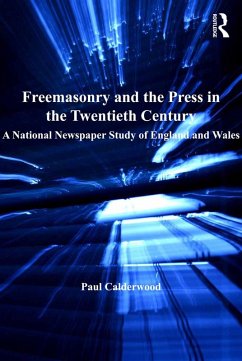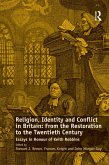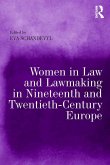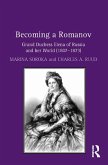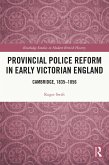By the end of the twentieth century, Freemasonry had acquired an unsavoury reputation as a secretive network of wealthy men looking out for each others' interests. The popular view is of an organisation that, if not actually corrupt, is certainly viewed with deep mistrust by the press and wider society. Yet, as this book makes clear, this view contrasts sharply with the situation at the beginning of the century when the public's perception of Freemasonry in Britain was much more benevolent, with numerous establishment figures (including monarchs, government ministers, archbishops and civic worthies) enthusiastically recommending Freemasonry as the key to model citizenship. Focusing particularly on the role of the press, this book investigates the transformation of the image of Freemasonry in Britain from respectability to suspicion. It describes how the media projected a positive message of the organisation for almost forty years, based on a mass of news emanating from the organisation itself, before a change in public regard occurred during the later twentieth-century. This change in the public mood, the book argues, was due primarily to Masonic withdrawal from the public sphere and a disengagement with the press. Through an examination of the subject of Freemasonry and the British press, a number of related social trends are addressed, including the decline of deference, the erosion of privacy, greater competition in the media, the emergence of more aggressive and investigative journalism, the consequences of media isolation and the rise of professional Public Relations. The book also illuminates the organisation's collisions with nationalism, communism, and state welfare provision. As such, the study is illuminating not only for students of Freemasonry, but those with an interest in the wider social history of modern Britain.
Dieser Download kann aus rechtlichen Gründen nur mit Rechnungsadresse in A, B, BG, CY, CZ, D, DK, EW, E, FIN, F, GR, HR, H, IRL, I, LT, L, LR, M, NL, PL, P, R, S, SLO, SK ausgeliefert werden.

